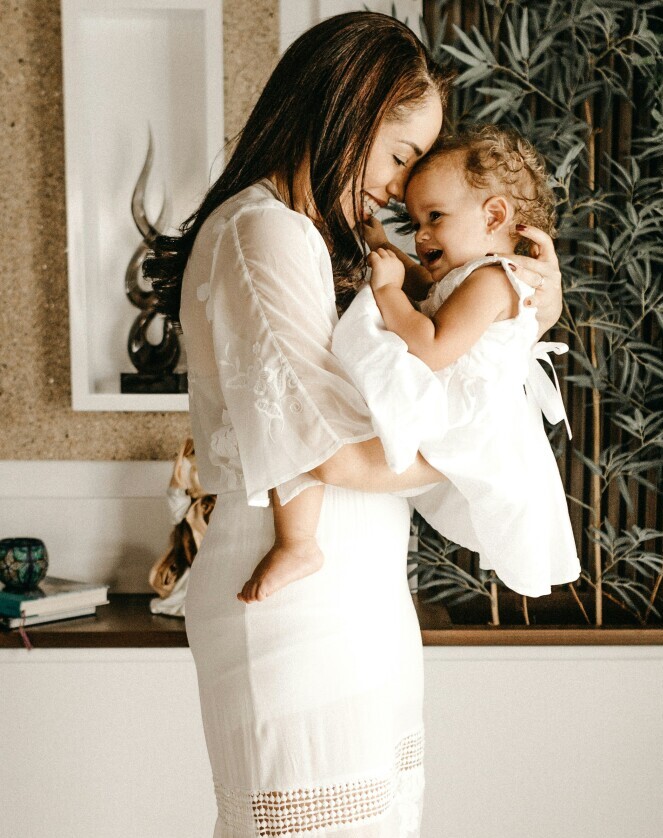Potty Training Rewards That Motivate

Rewards Celebrate Achievements
Potty training can feel like its own adventure for both toddlers and their caregivers. A good reward system makes the journey fun and helps build good habits. The right rewards celebrate achievements while motivating your little one to keep trying, even on days when accidents happen.
Every toddler is unique, and what excites one may not work for another. This guide breaks down different approaches to using rewards effectively during potty training. These ideas foster a positive learning experience and encourage independent efforts while keeping the process playful and motivating.
1. Understand Your Toddler’s Motivations
Before jumping into a reward system, it is important to think about what makes your toddler smile. Every child shows excitement in their own way. Some children love stickers, while others get excited about extra playtime or a quick dance to their favorite song. Recognizing these preferences is the first step in creating a system that truly works.
Questions to Consider
- What activities or treats naturally excite your toddler?
- Does your child respond better to tangible rewards like stickers or extra playtime?
- How does your toddler express joy after accomplishing something?
- What can you easily add to your daily routine without it feeling overwhelming?
Reflecting on these questions can help you build a system suited to your toddler’s interests. Knowing what motivates your child makes it easier to adjust your plan over time.

2. Set Realistic and Meaningful Rewards
When creating a reward system, the value of a reward should match the effort spent on potty training. Keep rewards achievable and encouraging rather than over complicated. It is best to start small and gradually expand the system as your toddler masters the basics.
Types of Rewards to Consider
- Stickers or tokens. A colorful sticker signals accomplishment immediately.
- Extra playtime. Additional play or a bonus bedtime story shows that success is celebrated.
- Small treats. These might include a healthy snack or a few extra minutes of outdoor time.
Remember that rewards are meant to encourage, not serve as bribes. Over time, the goal is for your toddler to feel pride in their own progress.
3. Introduce a Gradual Reward System
Begin with a reward system that gives an immediate sense of achievement. While early on you might reward every success. As your toddler gains confidence, it helps to introduce small challenges. This step-by-step process builds self-reliance and keeps the system engaging.
Tips for a Gradual System
- Start with a simple sticker chart where each success is recorded.
- Once the chart is fun, set milestones such as a special treat after earning a set number of stickers.
- Mix immediate rewards with occasional delayed rewards to encourage sustained effort.
- Be patient. Success may come in small increments at first. Observe progress and adjust if needed.
A consistent method helps your toddler understand that every little win is important.
4. Involve Your Toddler in the Reward Process
Including your toddler in the decision-making can boost their enthusiasm for potty training. When children help choose rewards, they feel a sense of ownership over the process. This involvement makes the routine more enjoyable and interactive.
Ways to Encourage Involvement
- Let your toddler choose between rewards, such as picking a sticker or extra time at the park.
- Create a simple reward chart together, allowing your child to place stickers after each success.
- Keep discussions positive and straightforward. Ask which reward they would enjoy most after a successful potty use.
This collaborative approach makes the system more effective and strengthens your bond with your child.

5. Avoid Over-Reliance on Material Rewards
Material rewards like stickers and treats can be very motivating. But it is also important to balance them with non-material affirmations. Simple praise, hugs, encouragement, and quality time can be just as effective. Intrinsic rewards help build self-esteem and a natural sense of achievement.
Alternatives to Material Rewards
- Verbal praise. A sincere ‘Good job!’ goes a long way.
- Quality time. Extra moments playing a favorite game or reading together can be especially meaningful.
- Fun activities. A brief dance, song, or additional story can gently motivate your toddler.
- Hugs and affection
Combining tangible with intangible rewards ensures the system stays balanced without creating an over-dependence on physical rewards.
6. Adjust the Reward System as Needed
Flexibility is very important in any routine. What works during the early days of potty training may need tweaking later. As your toddler grows and gains confidence, you may have to make adjustments. Watching your child’s reactions will help you fine-tune the reward system effectively.
When to Make Adjustments
- If your toddler seems uninterested in current rewards, consider switching them up.
- If a reward loses its appeal, update the chart or add new options to keep things engaging.
- Talk with your child in simple words; their reactions can signal whether a change is needed.
A flexible approach means the reward system remains helpful rather than a source of frustration. The aim is always to inspire confidence and independence in potty training.
Common Questions and Troubleshooting
What if my toddler ignores the rewards at first?
It is common for toddlers to seem indifferent when trying something new. If your child appears uninterested, experiment with different rewards. You can give the system a bit more time. As the routine settles in, interest usually grows.
How do I know if a reward is effective?
- Notice if your toddler shows extra excitement or pride when rewarded.
- Watch for consistent progress over days and weeks. Even small steps count.
- If needed, discuss with family members or pediatrician to see if a change might help.
What if the system becomes a distraction?
If focusing on rewards distracts from training, simplify the system. Limit the number of rewards and keep the primary focus on learning the new skill.

Final Thoughts and Next Steps
Setting up a reward system for potty training can truly change the experience. It turns potty training into an enjoyable learning adventure. With a balanced mix of tangible and non-tangible rewards, you create a positive atmosphere. The positivity encourages your toddler to take pride in every success. A simple, gradually evolving system keeps the focus on learning while still celebrating achievements.
Consistent practice and patience are really important. Every accomplishment is celebrated, and even setbacks are part of the learning curve. Over time, your toddler will begin to link using the potty with feelings of success and pride rather than discomfort. Don’t scold your toddler if he fails at times. Give him encouragement to reach his goal next time but no sticker.
Your Action Plan
- Pick one small reward that you believe will motivate your toddler, such as a sticker or a few extra minutes of playtime.
- Create a simple reward chart and display it where your child can easily see it each day.
- Set clear expectations and celebrate each success, however small it may seem.
- Monitor your toddler’s reactions over the coming weeks and be ready to adjust the rewards if needed.
Small changes lead to big improvements. Experiment with these ideas and see which rewards make potty training fun for your little one. What reward will you introduce next? Your experiences can inspire other parents, so feel free to share in the comments.
Happy potty training!

